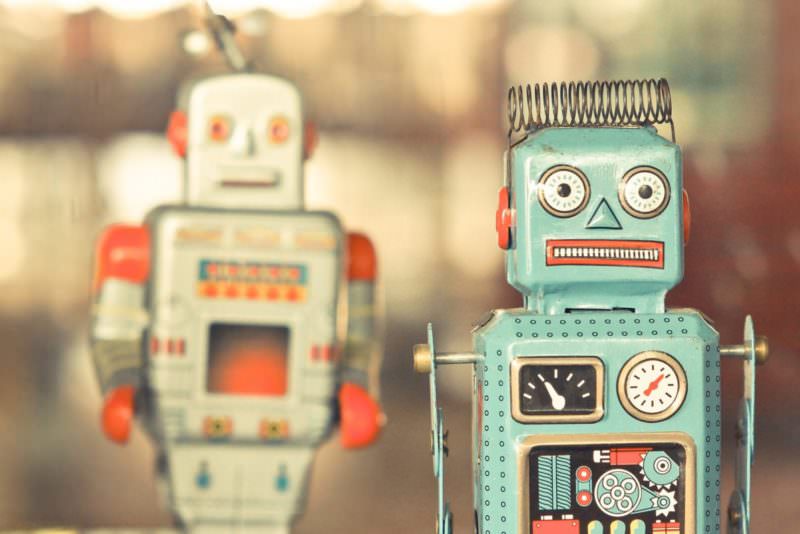Meet the New Robots of HCM
When I entered the world of HR, no one ever told me how much I’d talk about robots. Across several meetings and events, robots and Artificial Intelligence, or AI, have emerged as key themes. I’m both fascinated and terrified of robots and AI. At its best, AI lets us stand on the shoulders of giants. It says, you don’t have to write the laws of mathematics, or the physics of mechanical wear and tear. The robots know all that, and you get to use that knowledge as a base upon which to build new thoughts that take us further. At its worst, it could be an excuse for not wanting the burden of thought or responsibility for decisions. Instead of the dog eating our homework, poor choices can be blamed on the robot’s decisions.
When I attended the HR World Congress show in San Francisco a few weeks ago, at the booths and on the stage, AI and bots were hot topics. During the show I was also invited to IBM’s offices in San Francisco to learn more about their famous – what? Robot? Brain? Is artificial intelligence a noun or a verb? – anyway, Watson, and learned how AI is reshaping human capital management at IBM. Bob Schultz, General Manager, IBM Watson Talent and Kenexa introduced us to Myca (My career assistant), a cognitive computing tool that uses predictive analytics and extensive data mining of previous career paths to give career planning advice. It’s an impressive tool, but I do wonder about serendipity. I only half joke when I tell people that on paper, I’ve never been qualified for any job I’ve held. Will Myca make it more or less likely for people and managers to take on the less likely path?
My immersion in robots continued in recent weeks with a visit to Toronto for the Sage Summit. Sage has undergone significant transformation in the past several years, which I’ll cover in another post. But while there I had the privilege of meeting Kriti Sharma, who has the coolest title in technology – VP of Bots and AI. She’s tackling not only the technical challenges of bots and AI, but the ethical ones as well. How can AI help us remove bias in recruiting? Improve pay equity? Enhance the employee experience? And maybe most importantly, WHY are all digital assistants women?
AI and the robots have a lot to offer us, and I do believe they will help us live better, not take over our jobs and lives. But they will change how we learn and how we understand the concept of knowledge. As AI and robots help us keep up with the rapid pace of information flow, it has me wondering if the future of education is teaching young adults how to learn and how to manage a career, instead of assuming we can give them all the knowledge they’ll need to carry on. Today we are only at the beginning of this AI journey, and time will tell what the reality of robots will be, but it’s bound to be a fascinating ride.







Leave A Comment